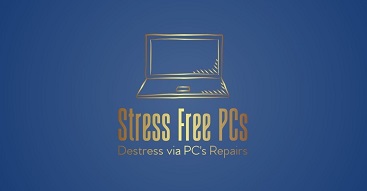What is Piracy
In the digital world, piracy refers to the unauthorized copying, distribution, or use of copyrighted software, media, or digital content. This can include anything from illegally downloading movies or music to distributing unlicensed software. Piracy violates copyright laws and causes significant financial losses for content creators, software developers, and media companies.
Types of Piracy
1. Software Piracy
Software piracy involves the illegal copying or distribution of software without proper licensing. This can include:
- Cracked software: Programs modified to bypass security or licensing mechanisms.
- Unlicensed installations: Using software on multiple devices without purchasing the correct number of licenses.
- Counterfeit copies: Selling or distributing unauthorized copies of software.
2. Media Piracy
Media piracy involves the illegal distribution or sharing of copyrighted media, such as:
- Movies and TV shows: Downloading or streaming movies and shows from unauthorized sources.
- Music piracy: Sharing or downloading copyrighted songs without permission.
- Books and eBooks: Illegally distributing digital copies of books.
3. Digital Content Piracy
This type of piracy covers the unauthorized use or distribution of digital content such as images, games, and software applications. Examples include illegally downloading video games, eBooks, and other paid content without permission.
Consequences of Piracy
Piracy not only results in financial losses for content creators but also exposes individuals to various risks:
- Legal consequences: Piracy is illegal, and individuals caught engaging in piracy can face lawsuits, fines, or even imprisonment in some cases.
- Security risks: Pirated software and media can often contain malware, viruses, or other malicious code that can infect your device.
- Loss of quality: Pirated versions of media or software may be incomplete, corrupted, or of lower quality than legitimate versions.
How to Prevent Piracy
To combat piracy, it’s important to support legal and ethical use of software and media:
- Purchase licensed software: Ensure you're using licensed versions of software, and avoid cracked or pirated versions.
- Use streaming services: Subscribe to legitimate streaming services for movies, TV shows, and music instead of downloading from unauthorized websites.
- Educate others: Spread awareness about the harmful effects of piracy and promote ethical digital practices.
- Report piracy: Many organizations provide mechanisms for reporting illegal distribution or use of content.
Conclusion
Piracy continues to be a major issue in the digital age, harming the economy, content creators, and users alike. By understanding the implications of piracy and choosing legal alternatives, individuals can support ethical digital practices and help prevent the spread of illegal content.


